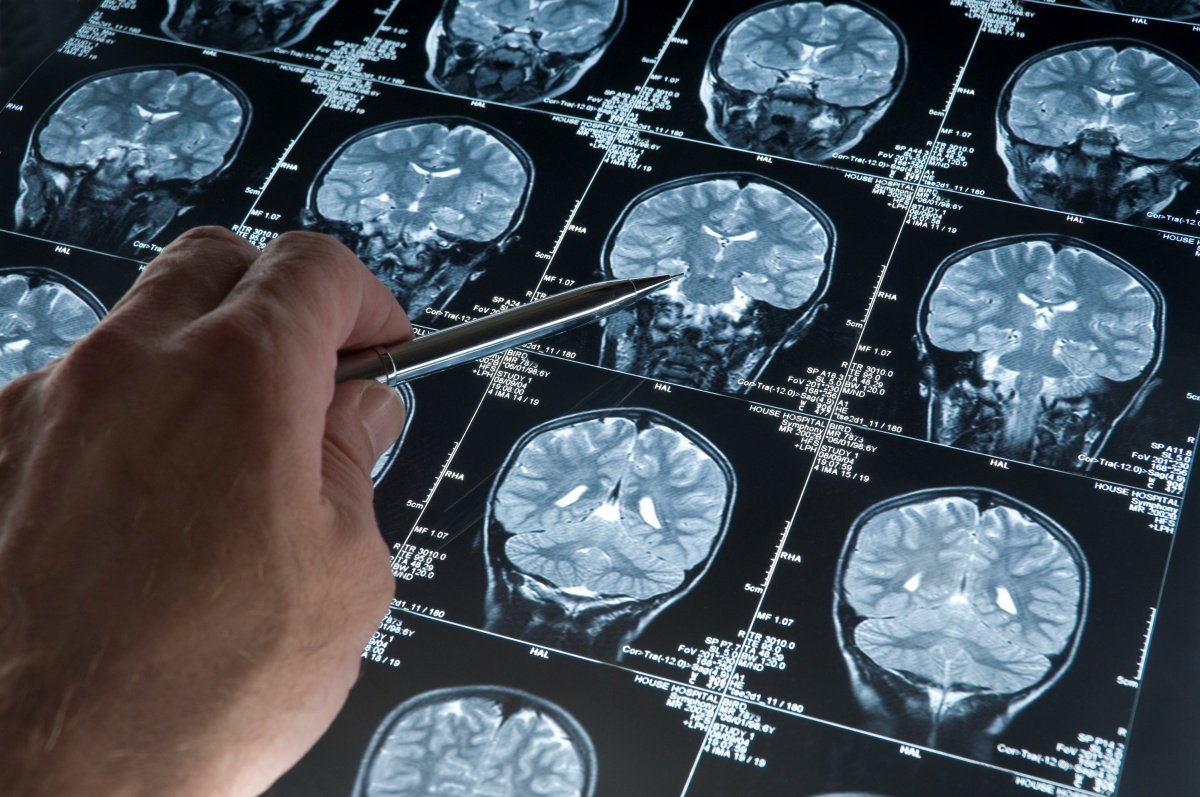Neurological evaluation of three children with motor coordination and speech problems by scientists from the NIH (the national network of health institutes in the United States) led to the discovery of a new disease caused by a genetic mutation. According to the team at the National Human Genome Research Institute (NHGRI), the abnormality affects neurons’ ability to perform so-called autophagy, or cellular recycling.
Significance of research – conducted at a North American medical institution and published in mid-February genomic medicine – not only to help afflicted individuals, but also to learn about other diseases that autophagy is associated with, such as Alzheimer’s disease.
Examining the records of the three children, NIH researchers discovered they had much in common. A mutation in the gene known as ATG4D. Scientists knew from a previous study in dogs that the gene is associated with autophagy, an important mechanism that cells use to “clean up” their defective proteins.
Children and their symptoms
The study was conducted with three children: two sisters and an unrelated boy. This was already showing symptoms at the age of three: abnormal gait, decreased coordination, and absence of gazing episodes. With growth came more physiological changes, such as seizures, decreased reflexes, and speech patterns that were only 60-75% intelligible. He was diagnosed with ADHD at the age of nine.
Both girls had similar symptoms. One of them experienced abnormal hand movements, periods of stumbling and staring as a child. She later had learning and speaking difficulties. The other sister had mobility issues and difficulties in pronouncing words, which were later overcome. Three children had mutations in both copies of the ATG4D gene.
Examination of the ATG4D gene
To confirm their hypothesis about the role of ATG4D in children’s problems, the researchers inserted the ATG4D mutations into normal cells in a laboratory dish. They found that the affected cells were unable to perform autophagy. However, gene mutations in the children’s skin cells normally produced the mechanism. Well, only brain cells changed in their recycling processes.
The study’s senior author, May Christine Malicdan, explains that “neurons have very specific functions,” explaining that understanding the disease could lead to advances in research on diseases also associated with autophagy, such as Alzheimer’s and Parkinson’s.
Source: Tec Mundo
I’m Blaine Morgan, an experienced journalist and writer with over 8 years of experience in the tech industry. My expertise lies in writing about technology news and trends, covering everything from cutting-edge gadgets to emerging software developments. I’ve written for several leading publications including Gadget Onus where I am an author.













